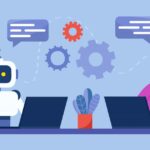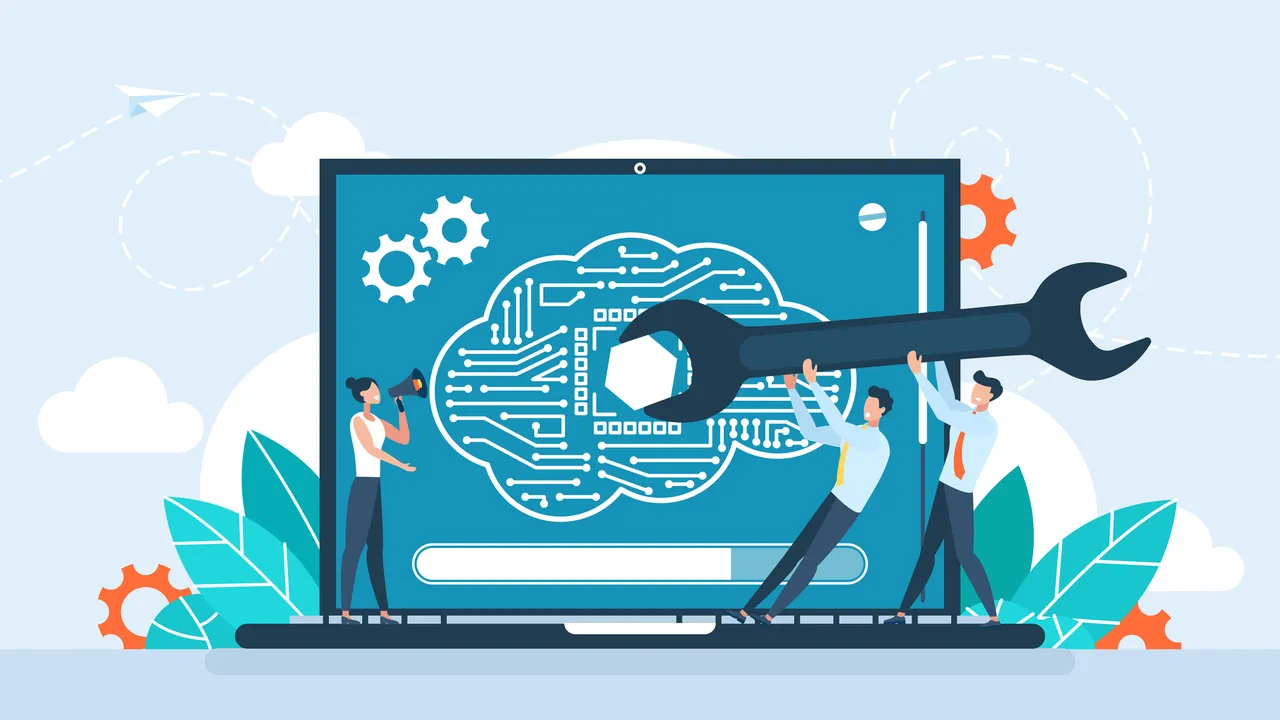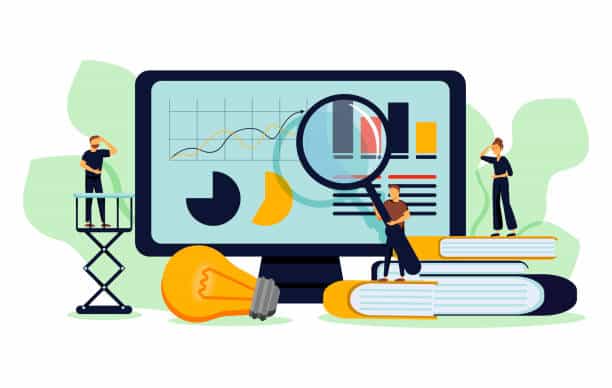The pervasive integration of artificial intelligence (AI) into our professional sphere is not merely on the horizon—it’s already underway. A profound transformation is unfolding within the workforce, where proficiency in AI is poised to become as essential as basic literacy and numeracy once were.
This shift isn’t conjecture; it’s the present reality, reinforced by recent findings from CompTIA’s Job Seeker Trends report. The report illuminates a notable awareness among job seekers regarding AI’s pervasive influence on employment opportunities. A substantial two-thirds of respondents acknowledge the potential impact of AI on the job landscape. This realization spans across generational lines, indicating a broad understanding that AI is intricately woven into the fabric of our future work environment.
However, this realization also highlights a pressing concern: the imperative for a workforce well-versed in AI, capable of harnessing its potential ethically and effectively.
As the demand for AI proficiency escalates—with nearly 200,000 job postings in the U.S. emphasizing this need—the job market is swiftly evolving. CompTIA’s IT Industry Outlook 2024 indicates that over 60% of companies plan to incorporate AI into various technology products and business workflows this year. A survey by Forbes Advisor further reveals that 56% of businesses are already utilizing AI tools to optimize their operations.
In navigating this transition, a balanced approach is essential. We must utilize AI to augment our abilities rather than supplant them. The future workforce must collaborate with AI, employing it as a catalyst for innovation, problem-solving, and efficiency. This necessitates accessible, inclusive, and comprehensive education and training, ensuring that individuals across all roles and industries have the requisite AI skills for the contemporary and future job market.
AI is a tool designed to amplify human capabilities, not supersede them
Here are three strategies to equip your workforce for the AI revolution:
– AI 101: Provide concise online modules or lunch-and-learn sessions elucidating the fundamentals of AI and its relevance to your industry and organization.
– Targeted Training: Develop tailored programs focusing on practical AI skills pertinent to various job functions. For example, sales teams could learn about AI-driven lead scoring, while customer service representatives could explore chatbots for expedited issue resolution.
– Hands-on Experience: Integrate AI tools into existing workflows. Marketing teams could experiment with AI-powered content creation, while finance departments could utilize AI for data analysis and fraud detection.
The future of work necessitates a workforce proficient not only in the technical aspects of AI but also in its ethical application, cybersecurity considerations, and integration across diverse sectors, from healthcare to finance. This widespread applicability of AI skills implies that AI fluency is no longer a specialized domain; it’s a foundational skill for all.
Remember, AI is a tool designed to amplify human capabilities, not supersede them. Foster collaboration between your workforce and AI to maximize its potential. The time is ripe to embrace the AI revolution with readiness and enthusiasm, poised to confront its challenges and seize its opportunities.











